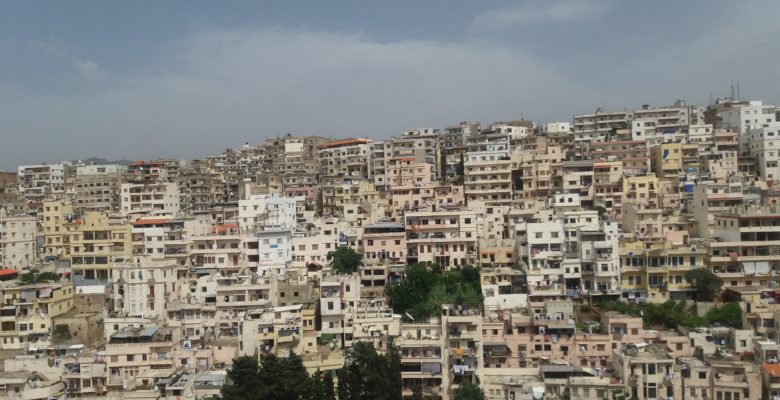Today is International World Refugee Day, or as I heard someone say on the radio this morning, “International world refugee day, whatever that means.” I don’t know if he was being ironic, but if he was, I get it. So many differently designated days throughout the year (Learn Your Name in Morse Code Day, anyone?) risks rendering them all tedious or meaningless.
World Refugee Day has actually been designated by the UN to ‘honour refugees around the globe’, which certainly makes it more useful than learning your name in Morse code. I’ve worked with many refugees in several different countries, including in refugee camps. Rather than share the dismal, and frankly overwhelming, data on numbers of refugees in the world today – suffice to say it has topped 110 million individuals as of June this year – I instead want to share a momentary encounter I’ve never forgotten with a woman from Syria.
I used to work on the Isle of Samos, which lies very close to the coast of Turkey. Over the last eight years Samos has frequently been in the news for all the wrong reasons i.e. boats of refugees capsizing, sometimes amidst violent run-ins with Greek coastguards (I refuse to use the term migrants as it is legally inaccurate and has become a word often used in contempt about people fleeing their homes).
Samos has a ‘Hot-spot’ centre for refugees. When I worked on the island, several years ago, the hotspot was an open camp of shipping containers and tents on the hillside above the island’s small, charming capital, Vathy. I was with a team of volunteers distributing clothes and food items in the camp. We used to set-up a free clothing store inside the camp every morning, and invite refugees to queue to come in and select clean clothes for themselves and their kids. At that particular time, a majority of the refugees were from Syria and Iraq.
I remember this particular Syrian family because the three children were very young and playful, in stark contrast to their exhausted-looking parents.
As the family stepped forward, to select their clothes, I saw the mother looking round, searching with her eyes. I asked if she needed something, first in English, then Arabic. When she heard Arabic, she leaned towards me. ‘Do you have any ladies clothes?’ she asked, ‘You know, for under these clothes?’ I nodded. ‘You mean underwear?’ She nodded back, her lips squeezed, clearly embarrassed. In whispers we negotiated fresh underwear for her, panties and several bras (including the correct size), and hygiene items, soap, tampons and toothbrushes etc. As I handed the clothes and underwear she’d chosen to her, she pushed back her long sleeves, showing me long scars gouged into both arms. ‘We had nothing when we left’ she said. Then, ‘Thank you so much for all these things.’
I never saw her again. and I’ve never forgotten her dignity in the face of having to ask a stranger to give her a clean bra and panties. I have often imagined taking a Minister responsible for immigration to Samos Camp, putting him (it’s usually a him) behind one of these trestle tables and asking him to hand out clean, donated underwear to woman or men with deep physical and mental scars from conflict they didn’t start. That’s why I don’t say migrants when I mean refugees.
I know the arguments about refugees needing to be ‘grateful‘ and ‘thankful’ and how bloody sick they must be of acting in all the ways that we expect them too.
There’s a whole macro argument here too, about the Britain’s military campaigns in Afghanistan and Iraq to name but two large-scale disasters, and our responsibility to people who’s countries we descended on to impose our version of democracy, alongside the murderous abuses our governments hypocritically tolerate from some regimes, like Iraq, Afghanistan, Rwanda and Israel, but not from others.
Let me just say that my experience of working with refugees is this: most are decent, some lie and a minority will exploit the hell out of any situation they can. Just like the rest of us. Maybe the purpose of international world refugee day is to remind ourselves of this; and what women refugees have achieved. BAFTA -winning film-maker Waad al-Kateab is a refugee from Syria, and Nadia Murad who won the 2018 Nobel Peace Prize is an Iraqi Yazidi human rights activist.
To return to Samos for a moment; these days, the camp has moved. It’s now a closed facility, snared behind barbed wire, hidden in the hills behind Vathy, on the site of a former abattoir. The refugees detained there have to sign in and out and can’t get to Vathy because it’s too far and there’s no real public transport. Maybe that was the point. It is a grim, forlorn place to wait for your life to start again.
If you’d like to support refugees on Samos, please click on this link that will direct you to the amazing work of Samos Volunteers.

